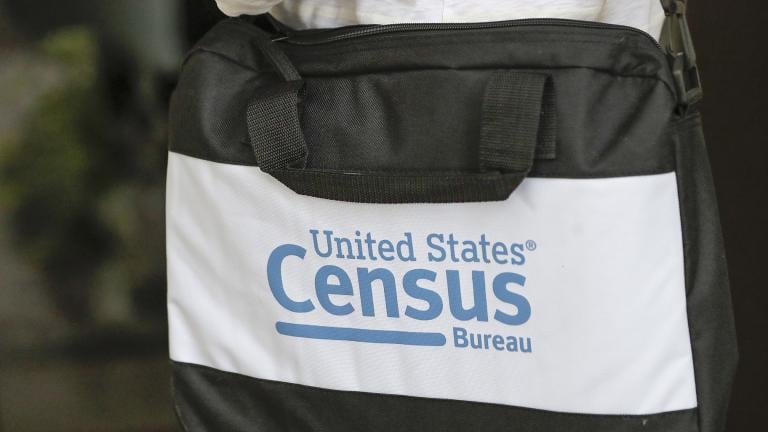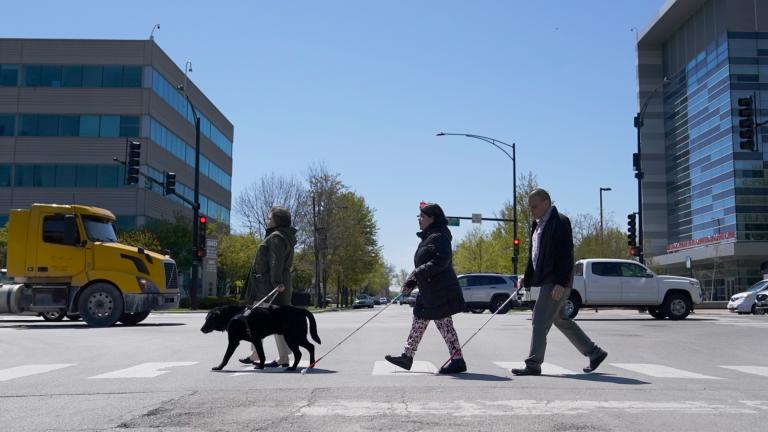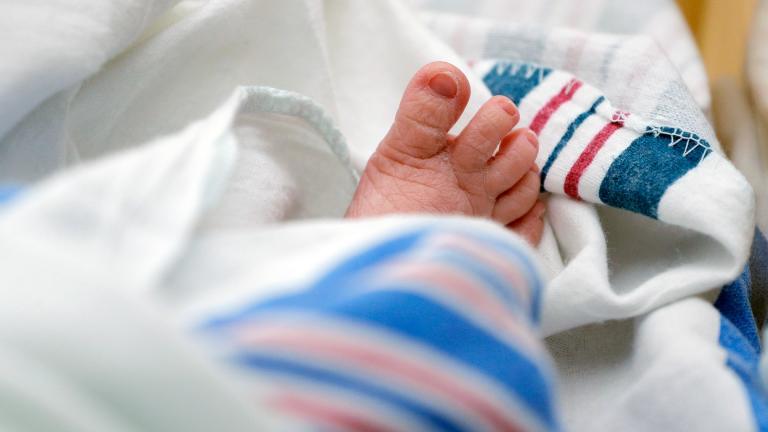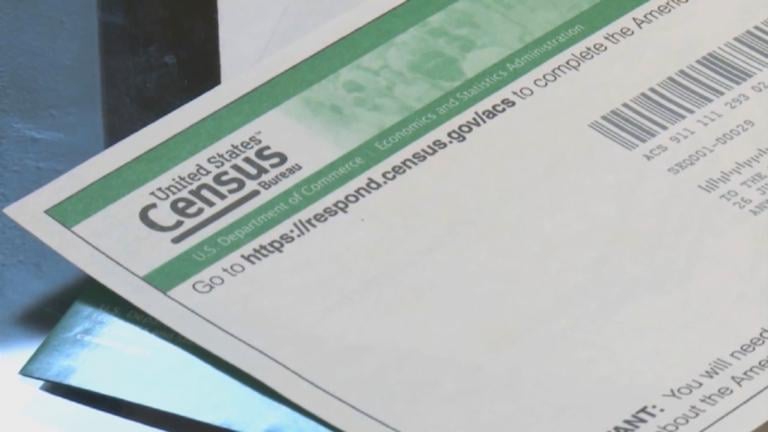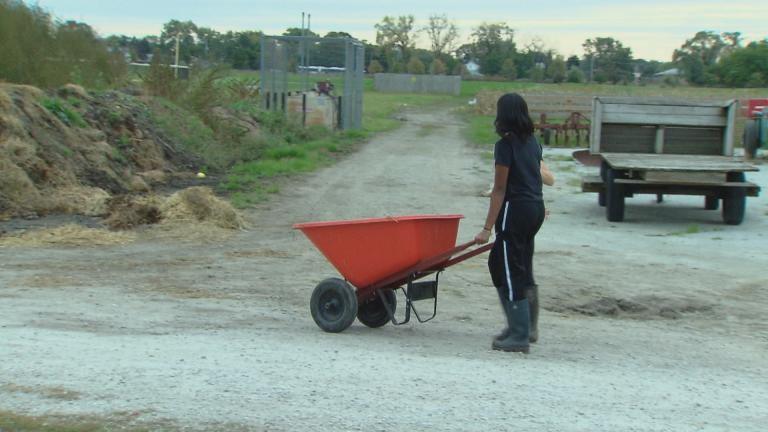With confusion over when the 2020 census count will end, community organizers are encouraging Illinois residents to complete their forms right away.
Illinois dedicated nearly $30 million to help community groups get the word out about the census — money lawmakers see as an investment that could lead to higher participation and more federal dollars for years to come.
Wednesday was to have been the last day for the count, but a federal judge in California prevented President Donald Trump’s administration from cutting the effort short. Now the administration is seeking to stop enumerating on Oct. 5, though there’s a chance the effort could continue through October as it normally would.
“Unfortunately this census in 2020 is going to have a big asterisk next to it, because of both the extraordinary politicization of the census leading up to Census Day on April 1 as well as this truncated enumeration season,” said Cynthia Buckley, a sociology professor at the University of Illinois at Urbana-Champaign. The demographer is a member of the Population Association of America, and she has been involved in The Census Project. Buckely has also worked as an enumerator, including this year when the work required wearing a mask as she went door-to-door.
“When we look globally, 2020 is a big year for census all across the globe. We are the only country that has cut down the amount of time given for a census. We didn’t postpone the census to the following year, which is an option that many countries have done,” she said.
For some, participating in the census is easier than ever: it’s fully available online. Individuals can also partake by phone or by returning the mailed form.
But that’s not always the case.
Maria Fitzsimmons, census director at the Illinois Coalition for Immigrant and Refugee Rights, said some populations are hard to find, reach or count.
“Folks who are immigrants and refugees, they can be coming from countries where the government trying to count you is a precursor to violence,” Fitzsimmons said.
Renters may be confused as to whether they should participate or if the form that arrived in their mailbox is only for the homeowner. Undocumented immigrants may be skeptical about sharing their personal information with the government. The coronavirus may make it hard for organizers to do outreach in group settings like nursing homes and elder care centers. Those who don’t speak English may not be aware. And many parents may not realize their children (yes, even babies and toddlers) should be counted.
The general rule is that anyone and everyone should be counted as of where they were living on April 1.
But if you’re confused, Fitzsimmons said to just do it. The wrong thing would be to not participate.
“Fill out the census. Even if you’re not sure: Am I supposed to? Is somebody else supposed to? What? Just fill it out. If the Census Bureau receives duplicative data, they have a process for reviewing things. So even if you’re not sure, even if you’re like ‘I think I filled it out but I don’t remember’ there is no … giving them information twice is not a problem,” Fitzsimmons said.
Repeat: Unlike voting, with the census is it acceptable to participate early and often.
Video: Making Sense of the 2020 Census
Buckley said Illinois faces particular challenges, given that the state has a large immigrant population and a large elderly population – two demographics that are classically hard to count.
There’s also sweet home Chicago
“We love Chicago. We benefit greatly from the wonderful city of Chicago. It is the city of big shoulders, but those shoulders can be hard to enumerate. So because we have such a major metropolitan area, undercount is always going to be a question,” Buckley said.
For the first time this census, those in same-sex relationships can share that information.
“We do have this question about partnering, but we definitely don’t have gender identity questions, we don’t have – I mean, it’s binary still. We do not have sexual orientation questions. We’re missing so much,” said Jolie Holliman, the director of diversity, equity and inclusion at the Center on Halsted.
The Center on Halsted has been doing outreach to encourage participation, though due to the coronavirus, many of the planned activities have gone virtual.
“I heard it best said that you can’t amplify a voice that isn’t speaking. And the census does exactly that. The census is taking in who is in these communities. And so if we don’t respond to the census, we miss a golden opportunity to speak for our communities,” she said. “And for the LBGTQ community specifically, a lot of us rely upon those resources.”
She said 22% of LBGTQ families nationally receive Supplemental Nutrition Assistance Program (SNAP) benefits, for example.
It’s not just financial resources.
The census determines Illinois’ representation in Congress. The state is expected to lose at least one seat, but possibly two.
“We’re a big state and if we don’t keep growing, then other big states that are growing are growing really fast, and therefore in reapportionment we may come out on the short end of the stick,” Buckley said.
For those who remain skeptical about the census, Fitzsimmons said she has stories of people who used it to their benefit by using their census information as evidence they lived in a particular place at a certain point.
She said people may not realize that individuals can access their own census data.
Beyond that, it must be kept private, only accessible by the Census Bureau, for the next 70 years.
“If people feel nervous, including you know, anybody who’s undocumented, people who have a warrant out, anybody who’s got parking tickets, people who maybe live somewhere but maybe because they live somewhere else for their kids’ school district, your census data’s safe for 70 years,” Fitzsimmons said.
Follow Amanda Vinicky on Twitter: @AmandaVinicky

